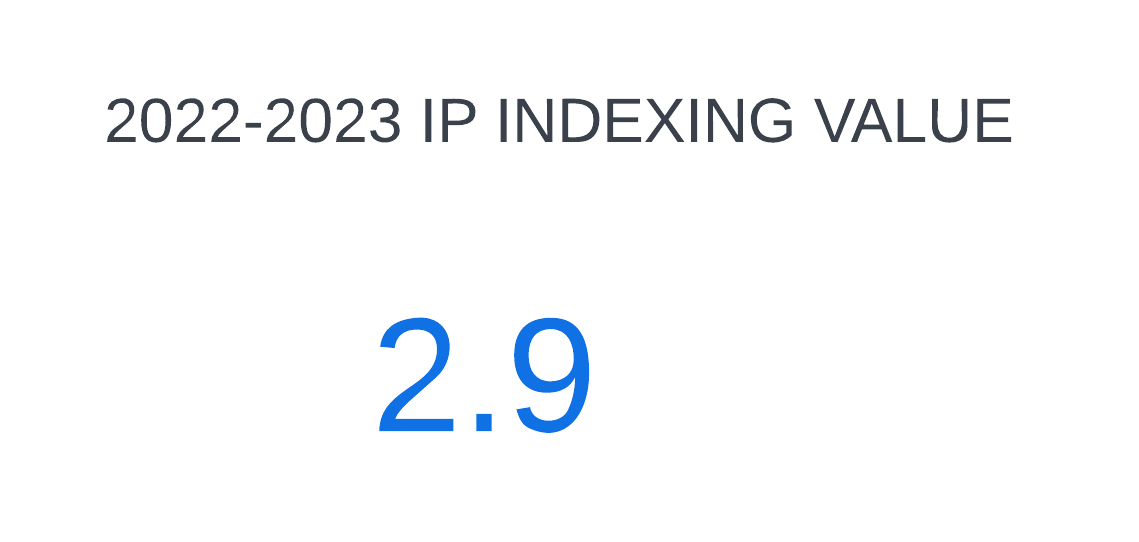A Secure Blockchain Based Student Certificate Generation and Sharing System
DOI:
https://doi.org/10.69996/jsihs.2024003Keywords:
Data sharing, distributed systems, computer network, certificate blockchain, ethereumAbstract
In order to handle and validate academic credentials in a distributed, secure manner, blockchain technology is employed for generation of student academic certificates. This paper addresses the three important aspects of the application i.e. need for generation of student academic certificate, sharing it over the secure digital platform i.e. dapp which stores and exchange academic credentials with third parties for verification i.e. selective disclosure of certificates. Additionally, it discusses the necessity of authenticating certificates through blockchain technology by which management and ownership of the certifications is done securely. The users of the application include the universities, students and verifiers. The dapp consists of two profiles i.e. universities who issue the academic certificates by filling out the student details; students who receive them, view and manage the certificates over the student’s dashboard and can also share them with third party. The suggested method offers controlled exchange of student information and upholds information privacy through blockchain in addition to minimizing paper-based tasks. Issuing, sharing and verifying academic certificates while improving privacy and saving the time are the important aspects of the application.
References
[1] R. F. Ghani, A. A. Salman, A. B. Khudhair and Laith Aljobouri, “Blockchain-based student certificate management and system sharing using Hyperledger fabric platform,”Periodicals of Engineering and natural sciences, vol. 10, 2022.
[2] Q.Liu, Q.Guan, X. Yang, H. Zhu, G. Green et al, (2018), “Education- Industry Cooperative System Based on Blockchain,” 2018 1st IEEE International Conference on Hot Information-Centric Networking (HotICN), Shenzhen, China, pp. 207-211, 2018.
[3] Z.Zheng, S. Xie, H. Dai, X.Chen and Huaimin Wang, “An Overview of Blockchain Technology: Architecture, Consensus, and Future Trends,” 2017 IEEE 6th International Congress on Big Data,Honolulu, HI, USA, pp. 557-564, 2017.
[4] T. T. Huynh, T. Tru Huynh, D. K. Pham and A. Khoa Ngo, “Issuing and Verifying Digital Certificates with Blockchain,” 2018 International Conference on Advanced Technologies for Communications (ATC), Ho Chi Minh City, Vietnam, pp. 332-336, 2018.
[5] R. N. Nortey, L. Yue, P. R. Agdedanu and M. Adjeisah, “Privacy Module for Distributed Electronic Health Records (EHRs) Using the Blockchain,” 2019 the 4th IEEE International Conference on Big Data Analytics, Suzhou, China, pp. 369-374, 2019.
[6] M.J.M. Chowdhury, A. Colman, M. A. Kabir, J. Han and P.Sarda, “Blockchain as a Notarization Service for Data Sharing with Personal Data Store,” 12th IEEE International Conference on Big Data Science and Engineering, New York, NY, USA, pp. 1330-1335, 2018.
[7] A. Kamisalic, M.Turkanovic, S.Mrdovic and M. Hericko, “A Preliminary Review of Blockchain based solutions in Higher Education,” Communications in Computer and Information Science, vol 1011, 2019.
[8] S. Makridakis and K. Christodoulou, "Blockchain: Current challenges and future prospects/applications," Future Internet, vol. 11, no. 12, pp. 258, 2019.
[9] S.Omar Saleh, O. Ghazali and M. E. Rana, “Blockchain Based Framework for Educational Certificates Verification,” Journal of critical reviews, vol. 7, no.3, 2020. [10] A. Gayathiri, J. Jayachitra and S. Matilda, “Certificate validation using blockchain,” IEEE 7th International Conference on Smart Structures and Systems ICSSS 2020, Chennai, India, pp.1-4, 2020.
[11] S. Nakamoto, "Bitcoin: A peer-to-peer electronic cash system," Decentralized Business Review, pp. 21260, 2008.
[12] Z. A. Kamal and R. Fareed, "A Proposed hash algorithm to use for blockchain base transaction flow system," Periodicals of Engineering Natural Sciences, vol. 9, no. 4, pp. 657-673, 2021.
[13] D. Macrinici, C. Cartofeanu, and S. Gao, "Smart contract applications within blockchain technology: A systematic mapping study," Telematics Informatics, vol. 35, no. 8, pp. 2337-2354, 2018.
[14] C. Fan, S. Ghaemi, H. Khazaei, and P. Musilek, "Performance evaluation of blockchain systems: A systematic survey," IEEE Access, vol. 8, pp. 126927- 126950, 2020.
[15] M. Oliver, J. Moreno, G. Prieto, and D. Benítez, "Using blockchain as a tool for tracking and verification of official degrees: business model," in 29th European Regional Conference of the International Telecommunications Society (ITS): Towards a digital future: Turning technology into markets, Trento, Italy, Trento, Italy, vol. 10, 2018.
[16] H. Li and D. Han, "EduRSS: A blockchain-based educational records secure storage and sharing scheme," IEEE Access, vol. 7, pp. 179273-179289, 2019.
[17] S. Jayalakshmi, "The Impact of the Blockchain on Academic Certificate Verification SystemReview," EAI Endorsed Transactions on Energy Web, pp. e35, 2021.
[18] A. Alammary, S. Alhazmi, M. Almasri and S. Gillani, "Blockchain-based applications in education: A systematic review," Applied Sciences, vol. 9, no. 12, p. 2400, 2019.
[19] Z. A. Kamal and R. Fareed, "Data retrieval based on the smart contract within the blockchain," Periodicals of Engineering Natural Sciences, vol. 9, no. 4, pp. 491-507, 2021.
[20] H. Zhao, M. Zhang, S. Wang, E. Li, Z. Guo, and D. Sun, "Security risk and response analysis of typical application architecture of information and communication blockchain," Neural Computing Applications, vol. 33, no. 13, pp. 7661-7671, 2021.
[21] N. Ullah, W. Mugahed Al-Rahmi, A. I. Alzahrani, O. Alfarraj, and F. M. Alblehai, "Blockchain technology adoption in smart learning environments," Sustainability, vol. 13, no. 4, pp. 1801, 2021.
[22] R. Raimundo and A. Rosário, "Blockchain system in the higher education," European Journal of Investigation in Health, Psychology Education, vol. 11, no. 1, pp. 276-293, 2021.
Downloads
Published
Issue
Section
License
Copyright (c) 2024 Journal of Sensors, IoT & Health Sciences (JSIHS,ISSN: 2584-2560)

This work is licensed under a Creative Commons Attribution-NonCommercial 4.0 International License.
Fringe Global Scientific Press publishes all the papers under a Creative Commons Attribution-Non-Commercial 4.0 International (CC BY-NC 4.0) (https://creativecommons.org/licenses/by-nc/4.0/) license. Authors have the liberty to replicate and distribute their work. Authors have the ability to use either the whole or a portion of their piece in compilations or other publications that include their own work. Please see the licensing terms for more information on reusing the work.


